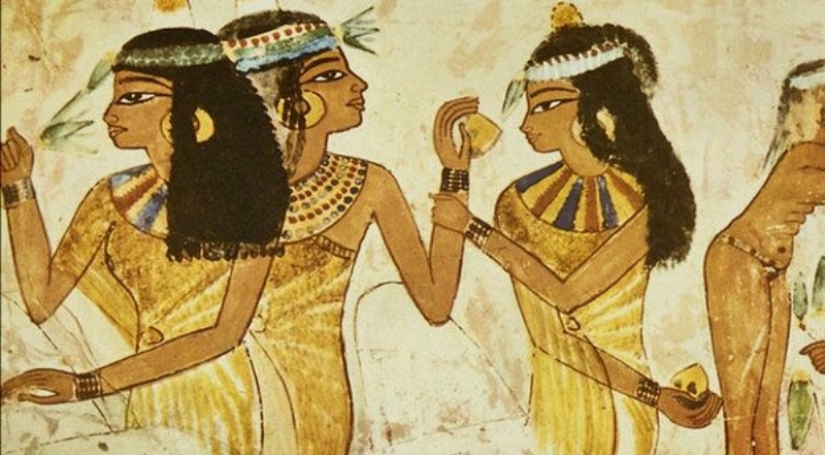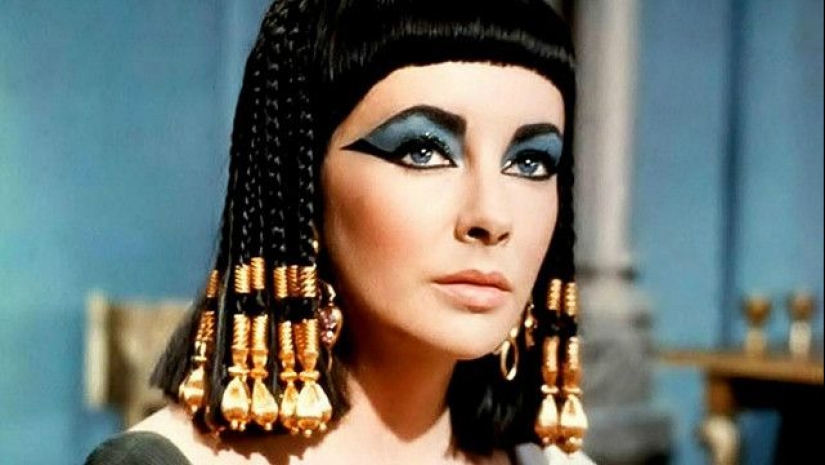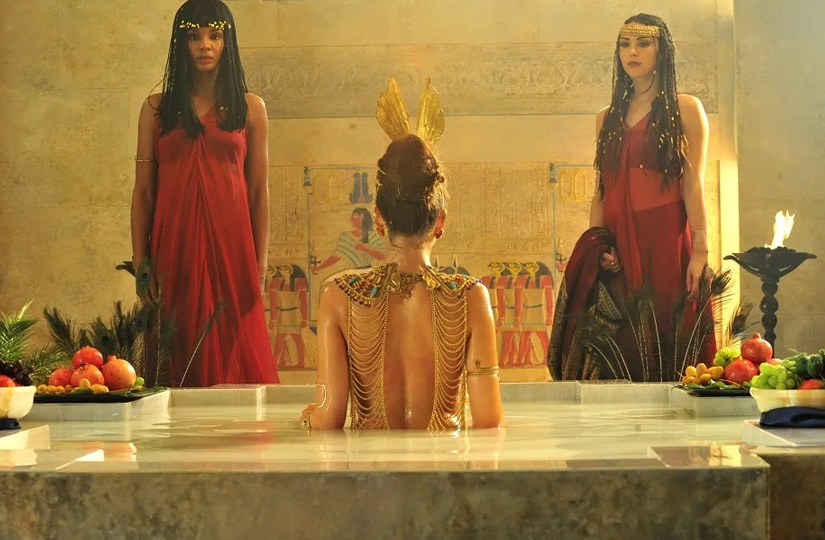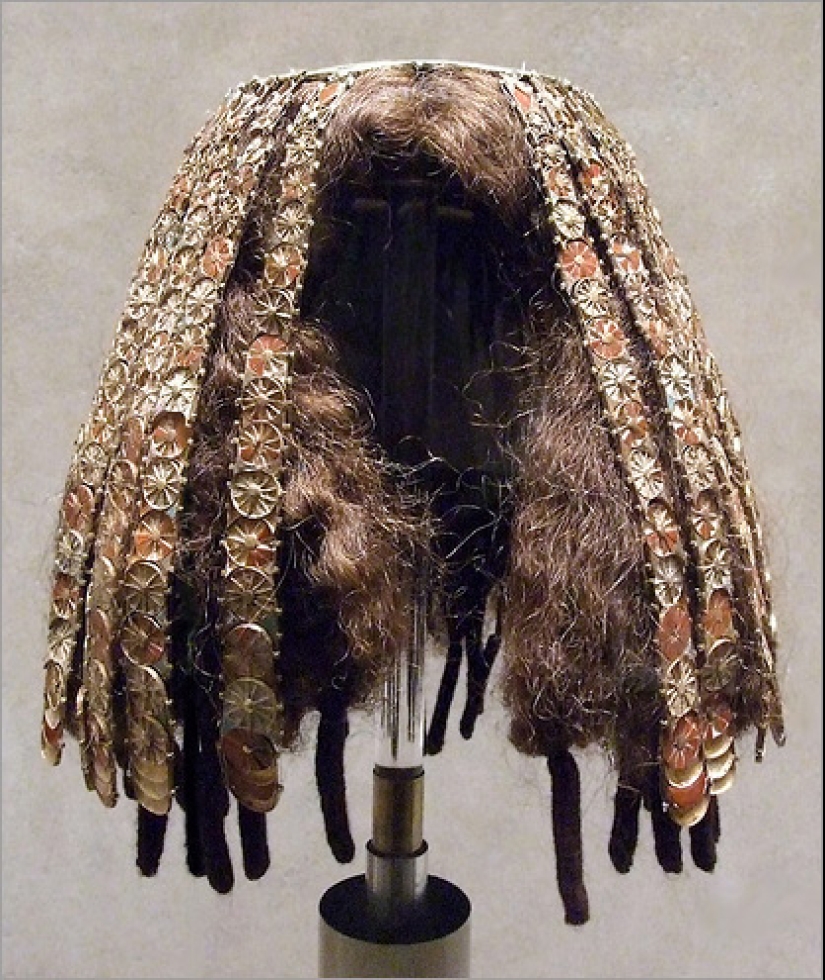What were the rules of hygiene in ancient Egypt
Nowadays, there is an opinion that earlier people did not really follow the cleanliness and washed themselves from case to case. In fact, everything was not so, and many ancient peoples had a real cult of purity. It is known that the Greeks and Romans carefully observed the rules of hygiene and regularly visited the baths. In ancient Egypt, there were also strict rules in this regard. We can say that the inhabitants of the Nile Valley almost did not differ in cleanliness from modern people, and in some ways they even surpassed us.

For the ancient Egyptians, beauty was an indicator of status. Therefore, men and women actively used cosmetics. In the course were various creams made from natural ingredients, as well as eyeliners from different minerals. The Egyptians, regardless of gender, tinted their eyes. They did it not only for beauty. They believed it helped protect them from infections, sunlight, and flies.

But cosmetics are applied to clean skin. In Egypt, where it is always very hot and dusty, I often had to swim. Most likely, ordinary people used the waters of the Nile and numerous irrigation canals for these purposes. For the nobility, everything was serious - archaeologists more than once found during excavations pools and baths similar to modern ones.

The Egyptians also had public baths. The oldest of them was found in the city of Tebtunis. It was built in the 3rd century BC. Surprisingly, the Egyptian bath complexes were no less comfortable than the Roman ones. In their premises, not only pools and washbasins were found, but also real individual shower cabins.
The baths even had hot water. It was heated in special clay ovens. Everything was overshadowed only by the fact that despite their advancement, the Egyptians never thought of sewers. Therefore, water from all containers had to be scooped out manually or drained anywhere.

Aristocrats did not always use water for bathing. It is known that Cleopatra loved milk baths. Sometimes she used sour donkey milk for this. The Egyptian queen believed that it had a rejuvenating effect. In the course were bath salts, which were extracted from the waters of the Red Sea.
The inhabitants of the banks of the Nile knew how to make real soap. They even had it flavored, with the addition of herbs and essential oils. Those who were inaccessible to such delights were washed and washed using sand, clay or ash. The last two components generally played an important role. Ointments for skin diseases were made from them, adding olive or castor oil.

But no matter how hard a person bathes in a hot climate, the smell of sweat will be inevitable. Therefore, the Egyptians made perfumes from flowers, leaves and seeds of fragrant plants. At that time they did not know anything about distillation and used the simplest technology of extraction. The resulting fragrant oil was diluted with olive oil to make the product less concentrated. Aromatic ointments were also in use. To get them, vegetable essences were mixed with animal fats or wax.
The real disaster for ancient people were parasites - fleas and lice. Therefore, the Egyptians carefully removed the hair on the body and head. They did it in different ways. Some simply shaved the vegetation with bronze razors, while others used real shugaring. Hair removal mixtures were prepared from cane sugar, water and lemon juice.

All the puffy hairstyles that we see on Egyptian frescoes and papyri are nothing but expertly made wigs. Such jewelry was a sign of high status and was very expensive. But if someone decided to keep the hair on his head, then he had to carefully monitor them. Gray hair was considered a sign of poverty and slovenliness. Therefore, in ancient Egypt they dyed their hair, as we do.
Recent articles

Twitter user @FactBuffet collects interesting facts about everything. Today we bring to your attention another series of facts that ...

Aomori Prefecture in the north of the Japanese island of Honshu is an agricultural region famous for its delicious apples. In ...

Imagine a baby vampire or a tiny zombie with glass eyes ... An artist from the USA Bean Shanine specializes in creating such ...